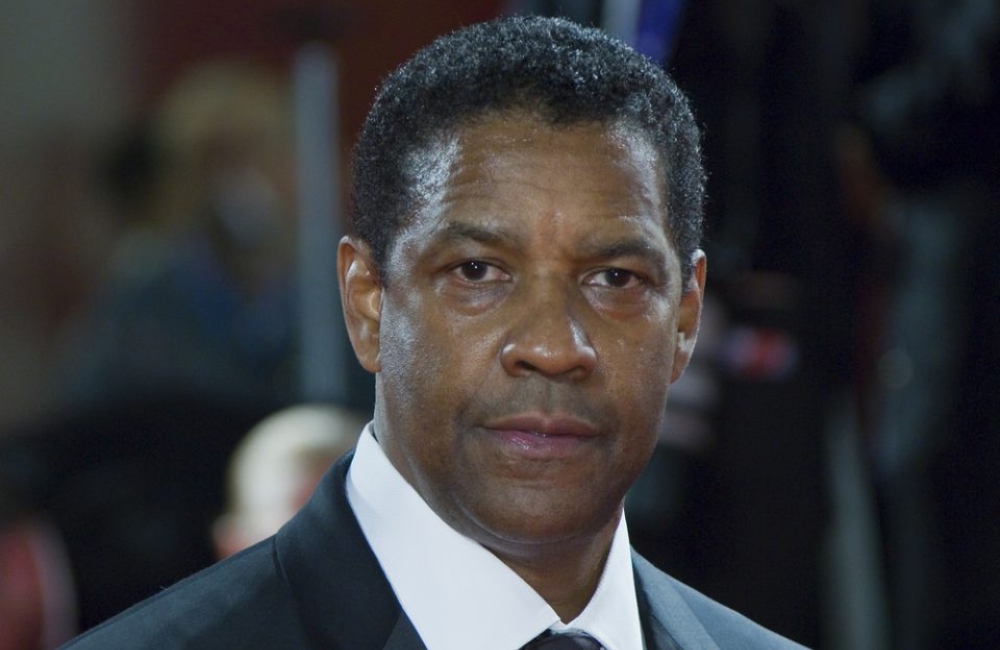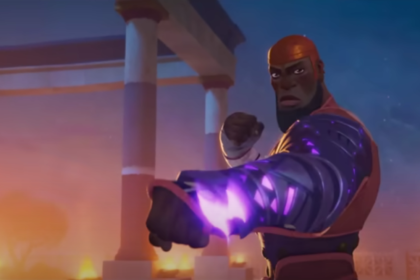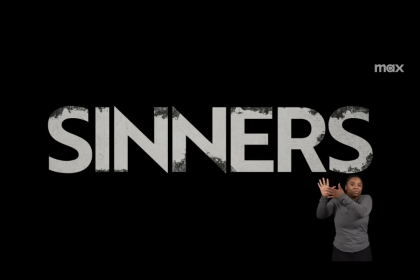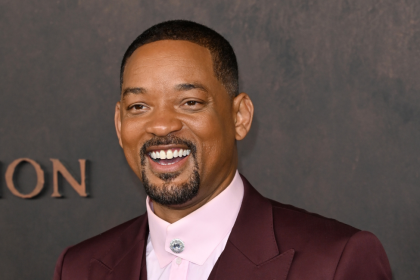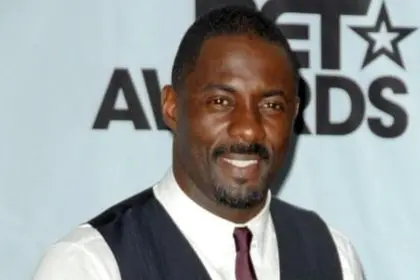During a recent interview promoting Gladiator II, Denzel Washington made headlines with his candid remarks about legendary filmmaker Stanley Kubrick. Known for his unfiltered opinions, Washington’s comments ignited a fierce discussion about representation in film criticism and the influence of white voices in defining what constitutes great cinema.
The interview that started it all
In a conversation with Collider’s Steve Weintraub, Washington was asked to name his favorite Kubrick film. Kubrick, celebrated for classics such as 2001: A Space Odyssey and A Clockwork Orange, has long been regarded as a titan in the film industry. However, Washington’s response was unexpected: “None of them.”
Instead of lauding Kubrick, Washington redirected the discussion to the films that shaped his cinematic experience — specifically, Blaxploitation classics like Shaft and Superfly. He explained, “I’m not a movie buff — no, I’m not a big movie fan. I was in the street when Kubrick was making movies. I’d be the one outside looking to rob you when you came out of a Kubrick movie, OK?”
Social media reaction
Washington’s candid remarks quickly went viral, sparking a divided reaction on social media. Some fans applauded his focus on Black cinema, while others criticized him for seemingly dismissing Kubrick’s legacy. Many users on X expressed their support for Washington, arguing that the question posed by Weintraub was insensitive.
“I’M SO GLAD DENZEL DID THIS!” one user exclaimed. “What he was really saying was why this man thought he could ask someone like Denzel, who champions Black films, to speak about a white director instead of a Black one.”
Critics of the interview also took aim at Weintraub, suggesting that he set up a “gotcha” moment. One user remarked, “They should have known better than to try it on with Denzel. He never puts up with c—.”
Championing Black cinema
Washington’s comments reflect a broader conversation about the representation of Black stories in cinema. He emphasized the importance of films that resonate with his community, stating, “I didn’t start acting until I was 20 years old and didn’t start really going to the movies until I was 20, 22, 23.” For Washington, the films that mattered were those that depicted the struggles and triumphs of Black heroes and antiheroes during the Blaxploitation era.
While some critics viewed Washington’s remarks as dismissive of Kubrick, many supporters praised him for shifting the focus back to Black cinema. “Denzel is reminding everyone that Black stories matter too,” one supporter noted. “It’s not always about the white ‘legends.’ ”
A larger conversation on representation
The exchange between Washington and Weintraub has sparked a larger discussion about the representation of Black voices in film criticism. The dominance of white perspectives in defining what constitutes “great” cinema has long been a contentious issue. Washington’s comments serve as a reminder that the narratives surrounding cinema are often shaped by those in power, and that Black filmmakers and stories deserve equal recognition.
For Washington, the moment was not about tearing down Kubrick but rather about championing the films and stories that reflect his own experiences and those of his community. As the debate continues to unfold online, it is evident that Washington is unapologetically proud of his identity and the world he represents.
Washington’s recent comments have opened the door to vital discussions about representation in cinema and the importance of acknowledging Black narratives. As the film industry continues to evolve, it is crucial to recognize and celebrate the diverse stories that contribute to the rich tapestry of cinema. Washington’s bold stance serves as a powerful reminder that every voice matters, and that the stories we tell shape our understanding of the world.

